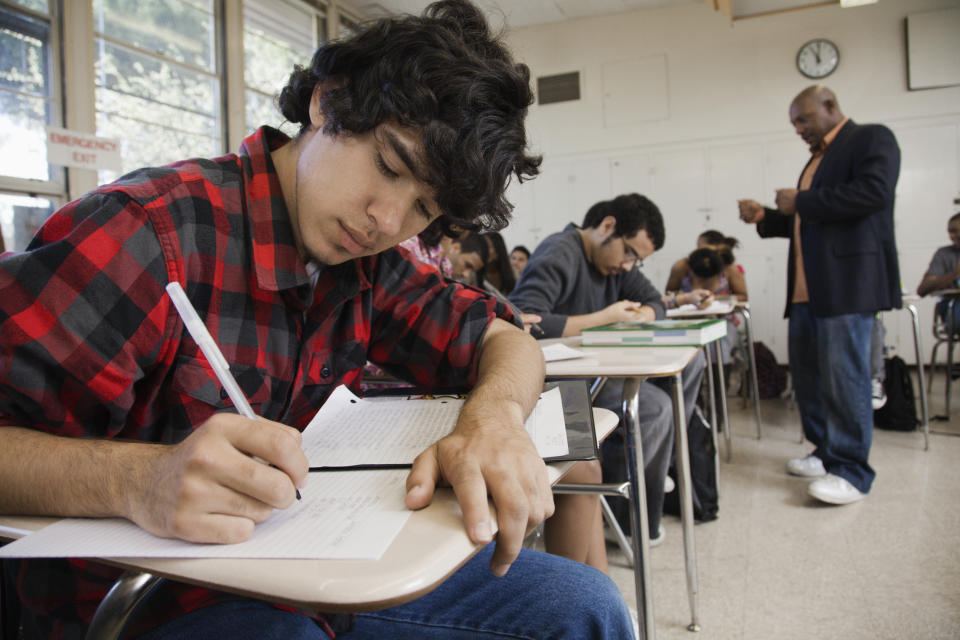Canadian students score high in reading skills in international survey

A new international ranking puts Canadian high school students close to the top spot when it comes to reading performance. But within the country, certain provinces fall behind others in maths and sciences.
In 2018, about 600,000 students from 79 countries took part in the test, conducted by the Organisation for Economic Co-operation and Development (OECD). The survey is done every three years and the findings are released as part of its Programme for International Student Assessment (PISA). The two-hour computer-based test examines 15-year-old students’ literacy in reading, math and science. In Canada, about 22,500 students in 10 provinces took part in the survey.
The most recent results found that 86 per cent of Canadian students scored higher in reading proficiency than other OECD countries, which averaged 77 per cent.
Beijing, Shanghai, Jiangsu and Zhejiang (China), Estonia, Finland, Hong Kong (China), Ireland, Macao (China), Poland and Singapore were the other countries that performed at this level or higher.
Canadians also scored higher than average levels in maths and sciences.
But a closer look within the country’s performance shows that some provinces performed better than others.
In reading, Alberta, Ontario and Quebec placed high, while Saskatchewan, Manitoba and New Brunswick achieved the lowest scores.
Quebec, Ontario and Alberta had the top scores in achievements in math, while P.E.I., Saskatchewan and Manitoba placed last.
Alberta, Ontario and Quebec scored high in science, while Saskatchewan, New Brunswick and Manitoba were at the bottom.
When reviewing how the country’s score has changed over time, there was a slight difference in scores since 2012. Canada’s average score in math is 512, compared to 518 in 2012, while the average score in science has gone from 528 in 2015 to 518 in 2018.
However, across the provinces, science and math performance remained stable, with a few exceptions. Math scores in Saskatchewan and B.C. dropped between 2012 and 2018, while science scores in Quebec and B.C. fell between 2015 and 2018.
Click here for a closer look at the results.

 Yahoo Finance
Yahoo Finance 